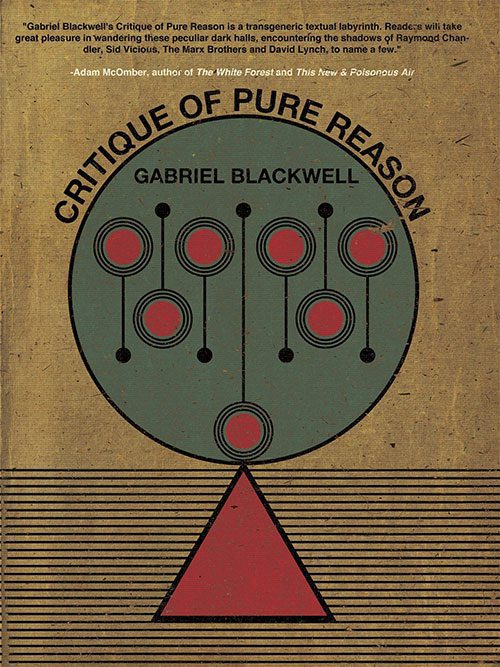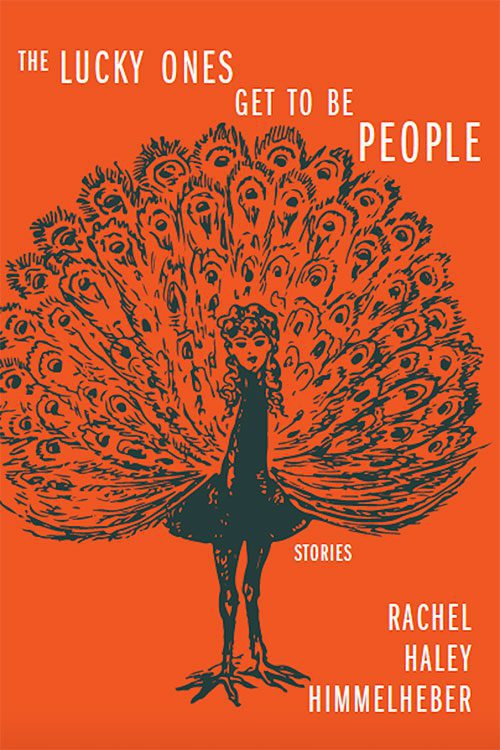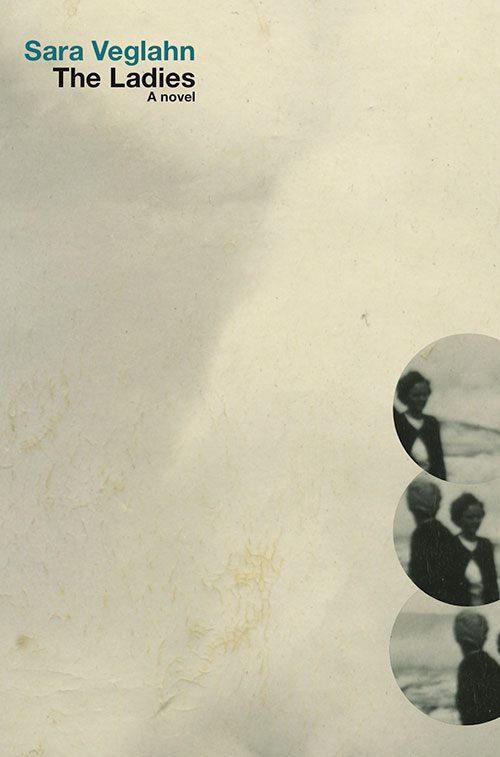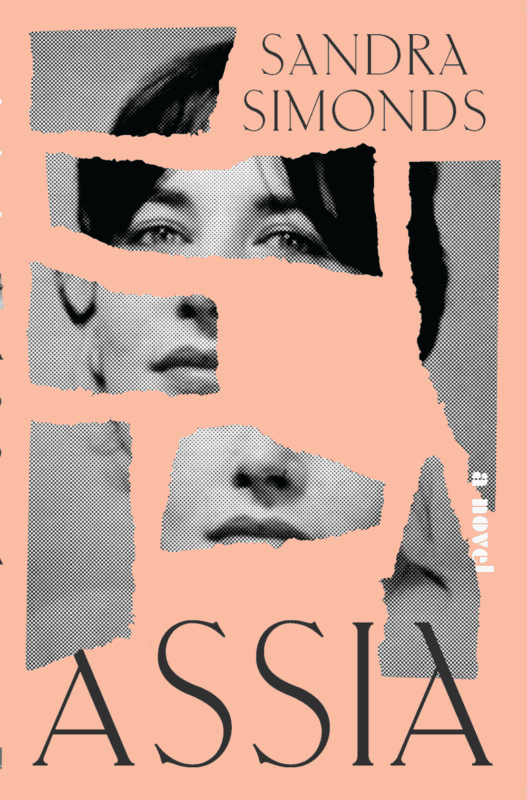The University of Pennsylvania
by Caren Beilin
$15.00
Synopsis
2013 Winner of the Noemi Press Book Award for Fiction
Olivia Knox has womb duplicatum, a rare affliction of continuous menstruation. Blood—it is not just blood!—tumbles unstoppably during her freshman year at the University of Pennsylvania. This problem of excess—blood full of marbles and beans, something thick enough to be black, sometimes sick enough to be brown, sometimes wild, almost violet again—foregrounds Beilin’s revision (queer and erotic) of Pennsylvania’s foundations. Tracing a relationship between George Fox and William Penn, Bethlehem’s industrial boom, Jewish suburbia and Amish farming, and the origins of surgical education in America, The University of Pennsylvania convenes at the University of Pennsylvania, where Olivia Knox confronts a surgical solution.
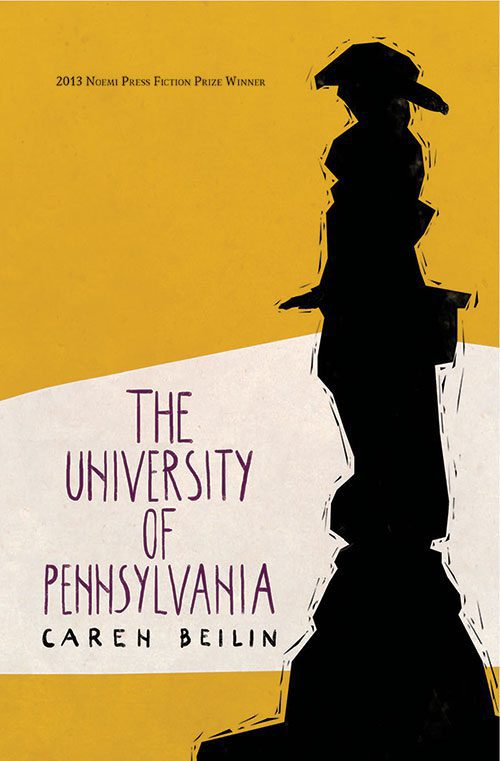
Blurbs
Angry and ecstatic, The University of Pennsylvania is the highly metaphorized story of woman’s education into a potentially limited and limiting series of institutions embodied best in the image of a surreal slaughterhouse. The novel’s prose is astonishing. An important new voice has just entered the literary party. Listen.
Lance Olsen
No one writes like Caren Beilin. If Angela Carter got commingled with Gary Lutz in Lara Glenum’s Miraculating Machine, they might have produced the kinds of sentences found in The University of Pennsylvania, clausal bell-ringers that rewire your brain. Part family gothic, part queer historiography, Beilin’s book conjures a Pennsylvania made of butter, gelatin, and blood, a murderzone in which bleeding girls and boneless horses, patricides and founding fathers interpenetrate, become portmanteau creatures that gorge on taboo. Every emotion is an image. Every image packs an erotic depth charge. Prepare to feel language at its most vandalous, its most painfully exciting. I had to read parts aloud, to use my mouth as a release valve, or I would have exploded on the spot. Finally, language has an orgasm.
Joanna Ruocco
